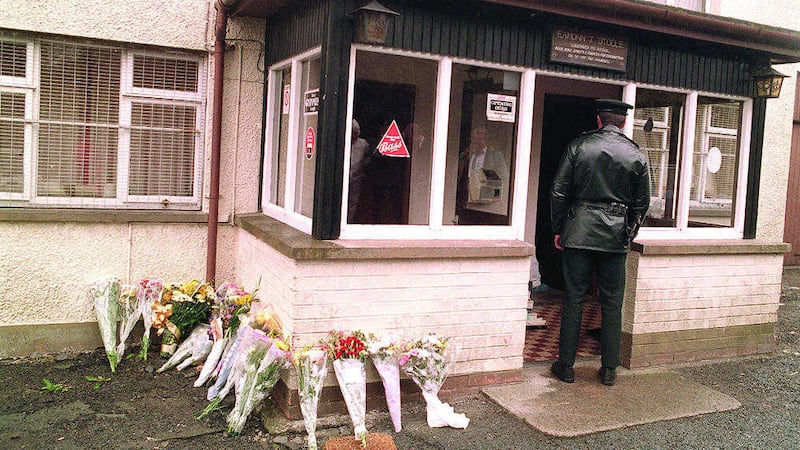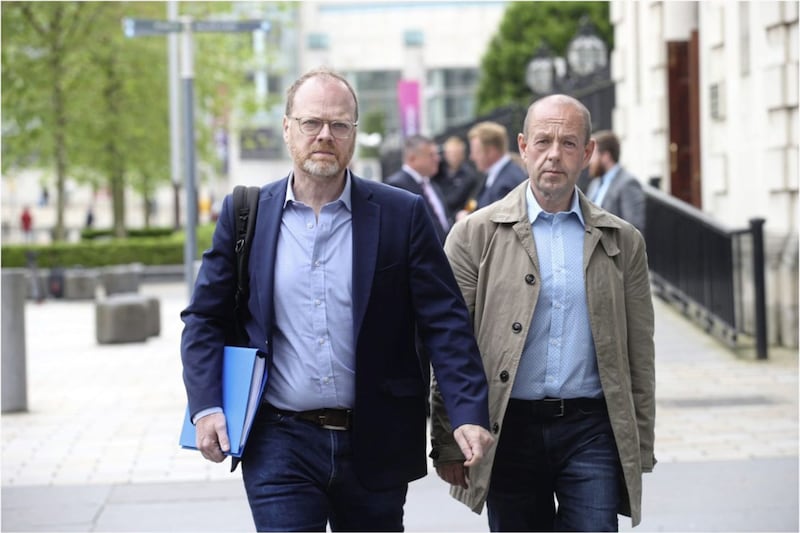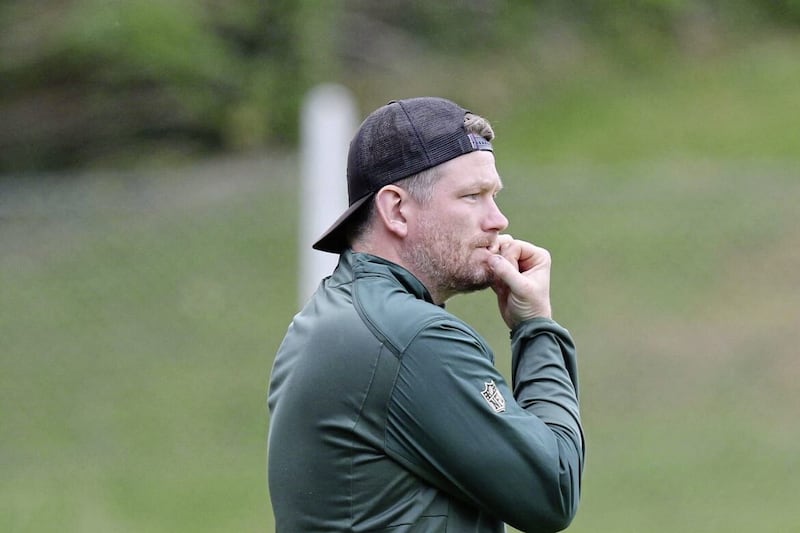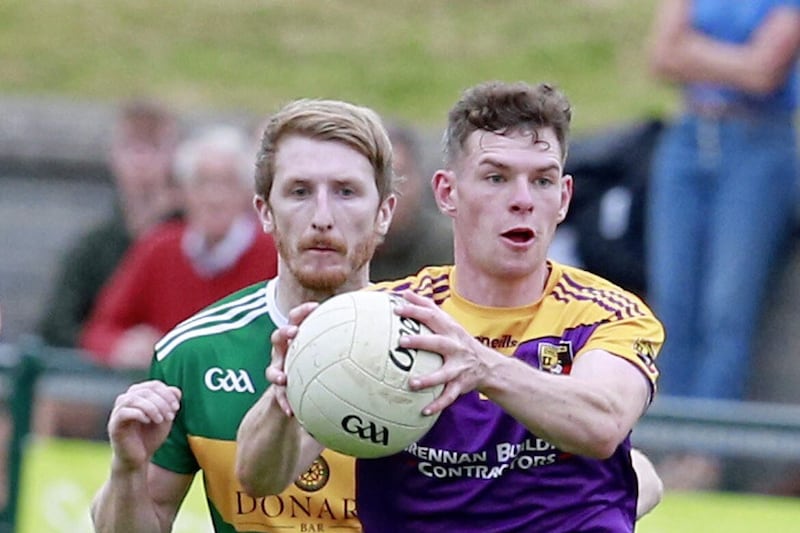THE chief constable has said he is surprised the Police Ombudsman did not call for the arrest of officers he found colluded with a UVF gang in the Loughinisland massacre.
The ombudsman's report into the atrocity at the Heights Bar in June 1994 said killers had been protected from investigation.
But Dr Michael Maguire did not have any officers arrested or send files to the Public Prosecution Service.
The ombudsman said there was not enough evidence to support criminal charges.
He said witnesses were no longer available, some documents were missing and it was difficult to get a detailed picture of some people's roles.
Families of six Catholic men murdered by two gunmen in the Co Down village pub hailed last week's damning investigation that exposed significant police collusion with the killers.
The six men who were murdered in the attack were: Adrian Rogan, Barney Green, Dan McCreanor, Eamon Byrne, Malcolm Jenkinson and Patsy O'Hare.
Dr Maguire was scathing in his assessment of the police's actions, with "catastrophic failings" identified in the initial investigation.
The ombudsman also found that two of the weapons used in the attack were part of a shipment brought into Northern Ireland with the involvement of police informers who were at the highest "echelons" within loyalism.
Chief Constable George Hamilton said he would have expected the ombudsman to recommend that officers be charged if he was convinced there had been collusion.
"If I got to a point where I was convinced in a very clear way that collusion was a key element of the Loughinisland murders then I'd be looking to take that conclusion into evidence through arrests, interviews, charges," he told the BBC's Spotlight programme last night.
But former police ombudsman, Nuala O'Loan, said it would be difficult to bring charges because of the relationship between police informers and their handlers.
"The problem that you have when you do these investigations as a police ombudsman is that the paramilitaries with whom the police officers were colluding are the witnesses for the police ombudsman, and the police officers whom the police ombudsman is investigating are the witnesses for the police investigating the paramilitaries," she said.








